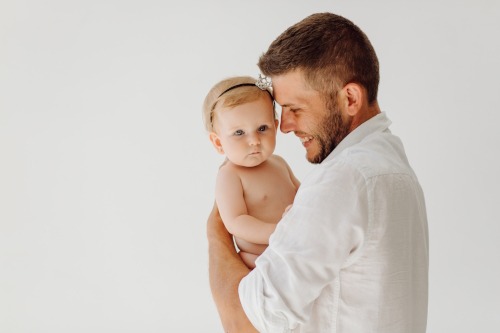Last year, the paternal leave law, no.210/1999, was amended and supplemented by Government Emergency Ordinance no.117 of 26 August, published in the Official Gazette no. 845 of 29 August 2022, increasing the duration of the leave to 10 days. The amendment entered into force on 4 January 2023.
Paternal leave is granted in order to ensure the father’s effective participation in the care of the newborn child and to facilitate the reconciliation of work and family life.
The father of the newborn child is entitled to paternity leave paid by the employer for a period of 10 working days, to be granted in the first 8 weeks after the birth of the child.
If the father of the newborn child has obtained a certificate of completion of the childcare course, the duration of paternity leave is increased by 5 working days.
Childcare courses can be held during the mother’s pregnancy or after the birth of the child, in the father’s family doctor’s office or in the health units or other units that organize such courses. At the end of the course, after verification of the knowledge acquired, a certificate of completion will be issued.
What does a childcare course involve and what does it help with? The baby care course helps both future fathers and future mothers, when they feel that they can’t manage with the newest member of the family.
A baby brings with it many difficulties and questions, and a baby care course aims to explain both the emotional and practical side. Attending a childcare course primarily provides access to up-to-date information on how a child should be cared for and how parents can contribute to their child’s development. The course offers more self-confidence and lots of practical advice. The trainers will teach you various first aid and safety measures for life-threatening situations.
The childcare course covers topics such as:
– First days at home: list of necessary items at home, baby’s room (space, humidity, light);
– Newborn care: skin, eyes, ears, nose, belly button grooming, genital hygiene, bathing and massage, diaper change;
– Baby’s rhythms: breastfeeding and meals, sleep, growth spurts and crying;
– Possible challenges: jaundice, medical emergencies, recommended consultations in the first months of life;
– Postpartum depression: causes, signs, prevention, effects on the baby, working as a team with your partner, when to ask for help.
An important point is that fathers can take paternity leave for each newborn child on the basis of a single certificate of completion of the childcare course, regardless of when it was obtained.
For paternity leave to be granted, the father must apply for it by means of an application. The request must include the name, the position held on the company card and the request for paternal leave for the desired period. A copy of the child’s birth certificate and, if applicable, the certificate of childcare leave absorption must be enclosed.
The allowance for paternity leave is paid from the employer’s salary fund and is equal to the salary for the period in question. The period during which the father is on paternity leave constitutes seniority. It is forbidden to apply less favourable treatment to the father who has requested or taken paternity leave.
The employer is obliged to approve paternity leave. During paternal leave, the father cannot be dismissed.
Failure by the employer to comply with the legal provisions on paternal leave is an offence and is punishable by a fine of 4,000 lei to 8,000 lei.

